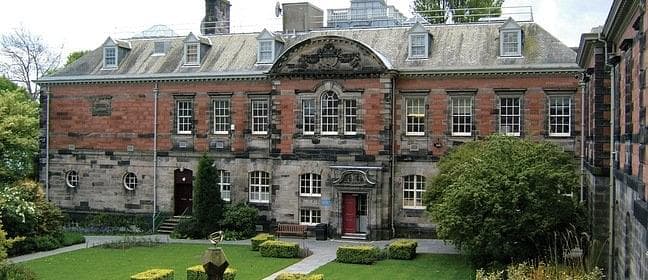BEng (Hons) Biomedical Engineering at University of Dundee
Dundee, United Kingdom
- Tuition Fee £ 25,750
- Country Rank#38
- Duration48 Months
- Score IELTS: 6 TOEFL: 80
Program Overview
On this course, you'll learn from engineers, scientists, and clinicians. This gives you a solid understanding of how engineering improves patient care.
You'll apply engineering principles to solve challenges in the healthcare industry. For example, you may develop surgical devices, make improvements to medical instrumentation or discover new techniques in medical imaging.
You'll gain valuable experience within a clinical environment. You'll also learn about anatomy and functions of the human body. This will help you to understand where and how the technologies you develop will be used.
You'll learn about design, optics, instrumentation, and medical sciences. You'll also develop research and business management skills within the biomedical industry.
In your final year, you'll focus on your research project which will relate to current research. You'll apply skills and knowledge acquired over the course of your degree. You'll also have the opportunity to shape your own degree with the choice of an elective module.
Cost Of Studying At University of Dundee
Interest rates as low as 8.9% *
250K+
Students Assisted
800Cr+
Loan Amount Disbursed
5000+
Loans Sanctioned
